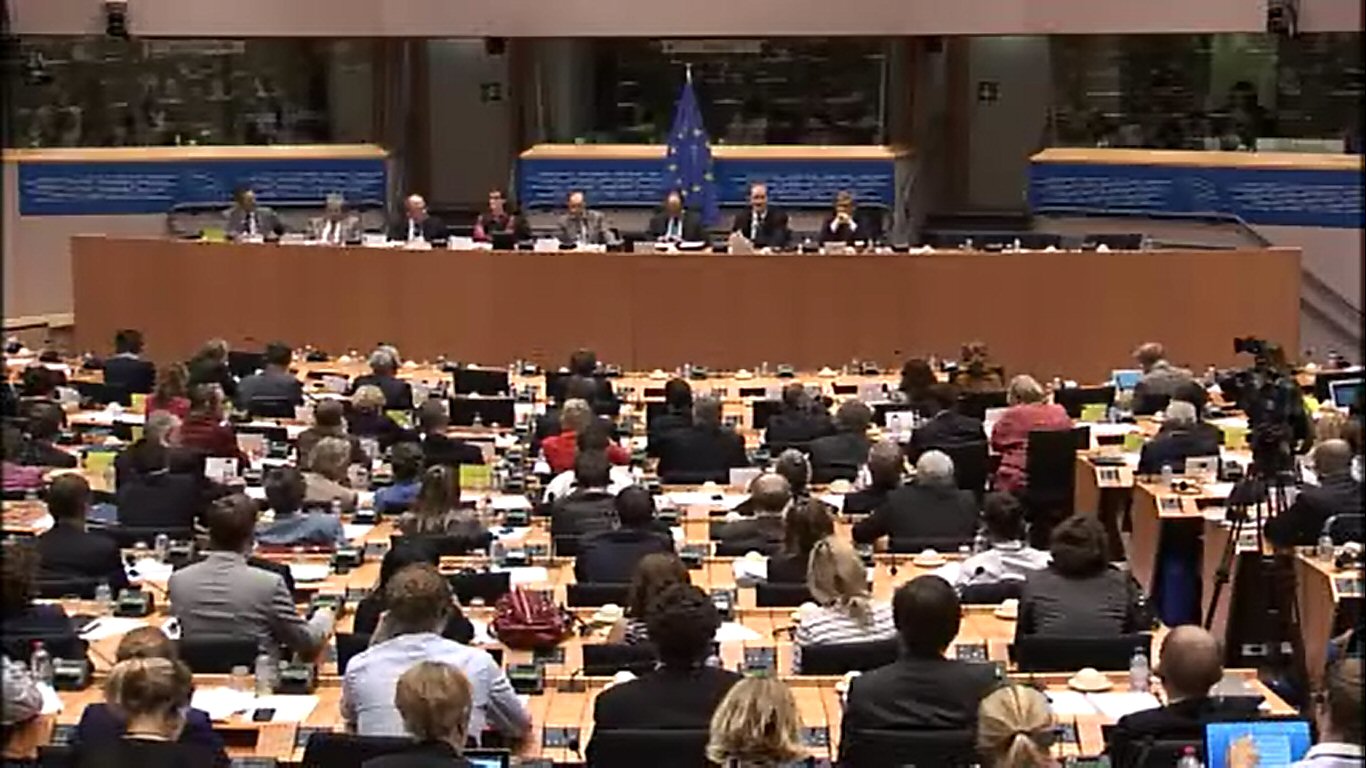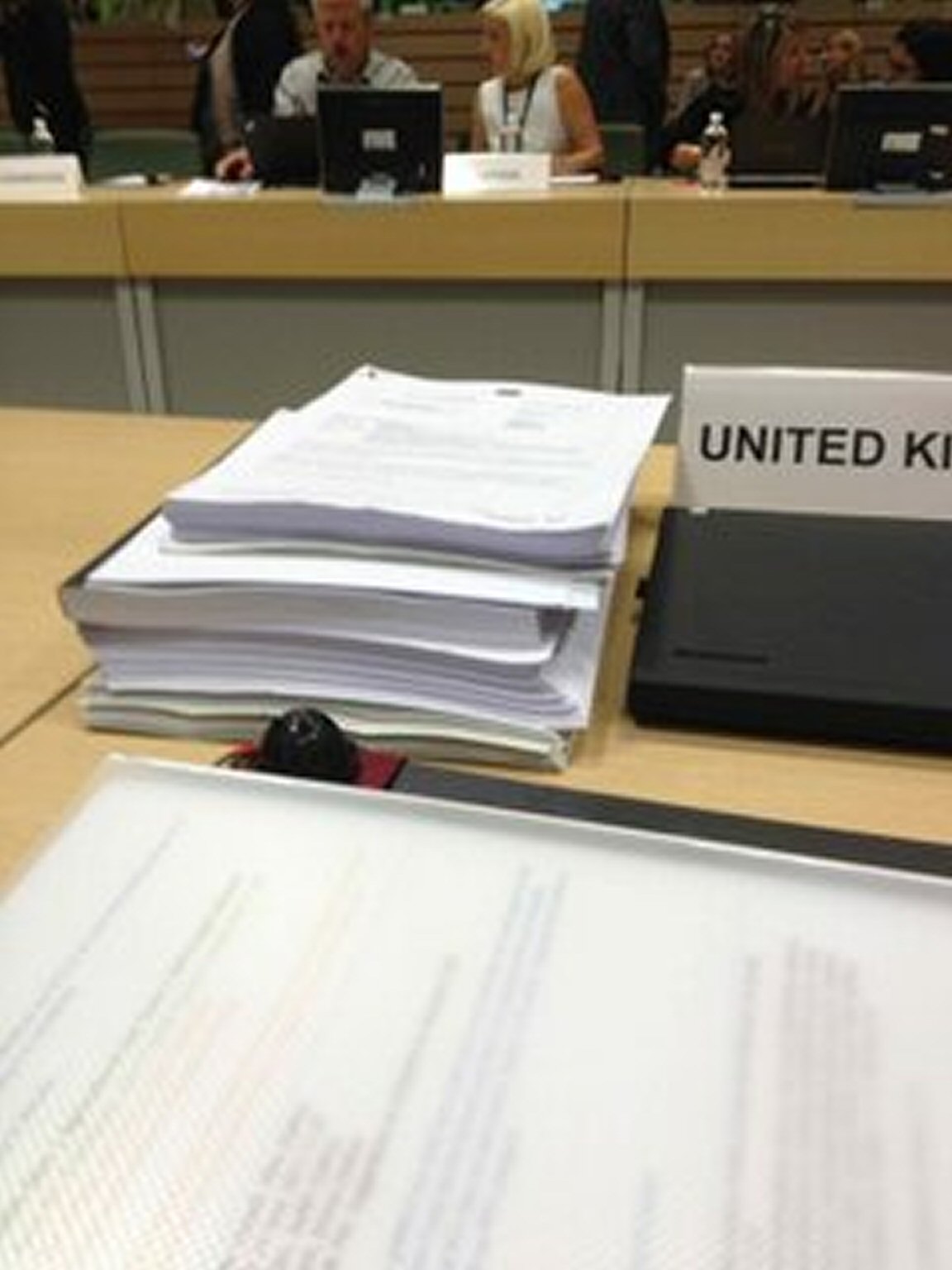White smoke eventually emerged from the Brussels CAP negotiations on Tuesday evening last 24 September to indicate that the final elements of the CAP regulations for the period 2014-2020 had been agreed between the Council, Parliament and Commission. The Ciolos reform has been concluded. The outstanding elements concerned those issues related to the CAP which were left in ‘square brackets’ in the June political agreement because they had been included in the European Council’s MFF conclusions in February this year.
For the Parliament it was a matter of principle that issues which would be addressed in the CAP regulations should be negotiated through the co-decision procedure and not decided unilaterally by the Council, even the European Council.… Read the rest




